
This technical analysis explores the application of titanium square bars (specifically Ti-6Al-4V) in the automotive sector. It details the material's metallurgical advantages, its role in improving NVH performance compared to steel, and its economic value in EV weight reduction. The article also provides professional insights into CNC machining, advanced joining methods like Electron Beam Welding, and the strategic importance of square bar geometries in modern vehicle engineering. (415 characters)
View More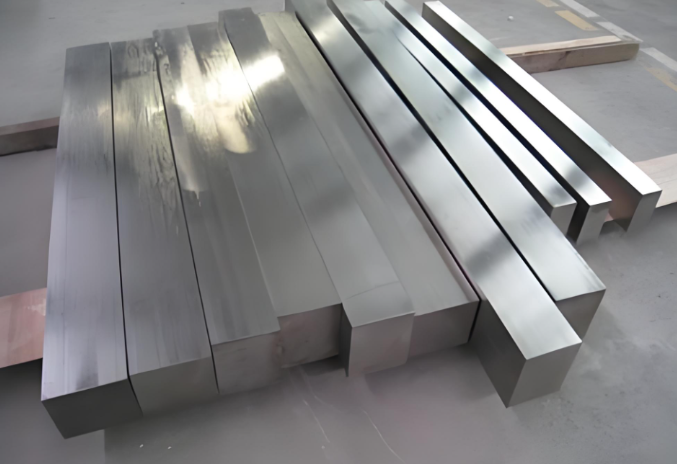
This technical guide explores the complexities of titanium square bar standards (ASTM B348, AMS 4928) and manufacturing processes. It delves into the chemistry of Alpha Case formation, the advantages of Grade 12 as a Pd-free alternative, and the necessity of PAUT/Immersion testing to solve corner "dead zones" in square profiles. Aimed at industry professionals, the article clarifies the differences between rolled and forged bars while emphasizing microstructural integrity, including primary alpha morphology and prior-beta grain refinement, for high-performance applications.
View More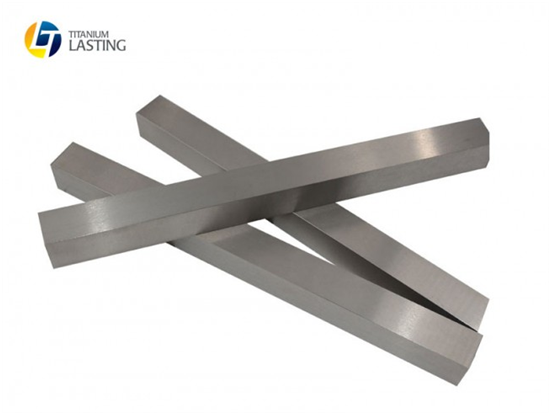
This technical analysis explores the metallurgical and mechanical advantages of using Titanium Square Bars (ASTM F136/F67) in medical device manufacturing. It highlights how square profiles improve CNC machining stability, reduce material waste, and enhance the fatigue life of implants through refined forging and superior microstructural homogeneity. By focusing on interstitial control and substrate purity, this guide illustrates why square bar stock is the strategic "Gold Standard" for high-precision orthopedic and spinal applications.
View More
This article discusses the essential certifications for titanium pipe fittings, including ASTM and ASME standards, API certification, CE marking, NACE certification, ISO 9001, NADCAP accreditation, and material certification. It emphasizes the importance of these certifications in ensuring quality, safety, and compliance in various applications, particularly in aerospace, chemical processing, and marine industries.
View More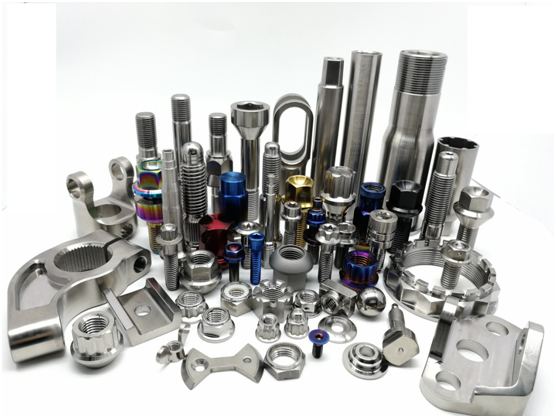
This article explores the reasons aerospace OEMs rely on titanium fasteners, highlighting their unique properties such as strength-to-weight ratio, corrosion resistance, and high-temperature tolerance. It discusses applications in structural components, compatibility with composites, and the economic impact of titanium fasteners. The article also addresses challenges in manufacturing and supply chain management while looking ahead to innovations and sustainability in the titanium industry.
View More
This article provides a comprehensive guide on identifying high-quality titanium fasteners from reliable suppliers. It covers key characteristics of quality fasteners, supplier evaluation criteria, and quality assurance practices essential for ensuring safety and performance in various applications. By following these guidelines, industry professionals can make informed decisions when sourcing titanium fasteners.
View More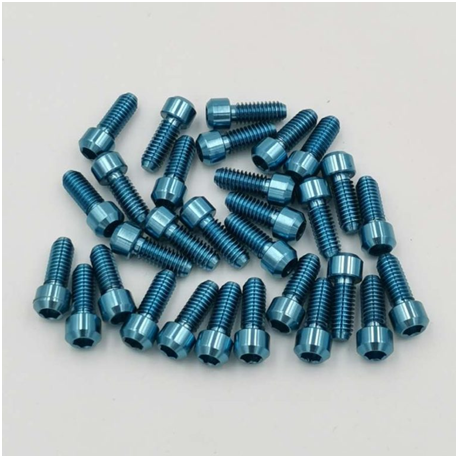
This article explores the top five applications where titanium fasteners are essential, including aerospace, marine engineering, chemical processing, automotive, and medical devices. It highlights the unique properties of titanium fasteners that make them suitable for harsh environments and discusses their benefits in various industries.
View More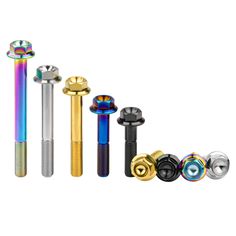
This article explores how titanium fasteners reduce maintenance costs in harsh environments. It highlights their unique properties, applications in various industries, and the economic advantages they offer. Despite higher initial costs, the long-term savings and reliability make titanium fasteners a preferred choice for demanding applications.
View More
This article explores the investment value of titanium fasteners for long-term performance, highlighting their unique properties, applications, and cost considerations. It emphasizes the advantages of titanium fasteners, including corrosion resistance, durability, and weight savings, while addressing challenges such as initial cost, machining difficulties, and thread galling. The article concludes with practical insights and frequently asked questions to assist industry professionals in making informed decisions regarding titanium fasteners.
View More
This article explores the environmental benefits of using titanium round bars in manufacturing, highlighting their unique properties, applications, and contributions to sustainability. It emphasizes reduced waste generation, energy efficiency, and recyclability, while addressing challenges such as initial cost and machining difficulties. The article concludes with practical insights into the role of titanium in promoting eco-friendly manufacturing practices.
View More
This guide explores the investment potential of titanium square bars, highlighting their unique properties, applications, and cost considerations. It emphasizes the long-term value of titanium in various industries, including aerospace, medical, and marine, while addressing challenges in sourcing and machining. The article concludes with practical advice for selecting suppliers and understanding the benefits of investing in titanium square bars.
View More
This article provides an in-depth overview of titanium square bar specifications, covering material grades, standards, dimensions, surface finishes, and applications. It highlights the importance of understanding these specifications before purchasing, ensuring informed decisions for various industrial applications.
View More